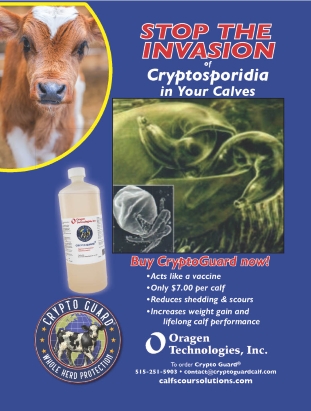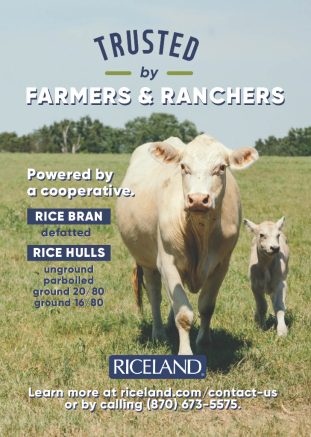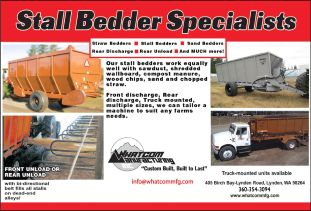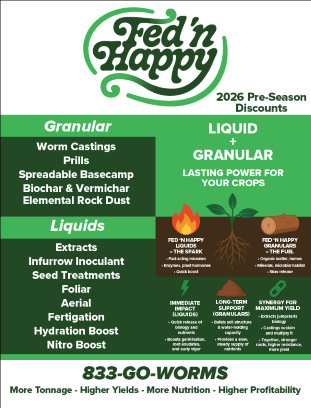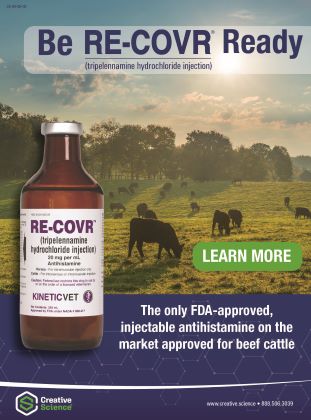Parasite Prevention in Dairy Cattle
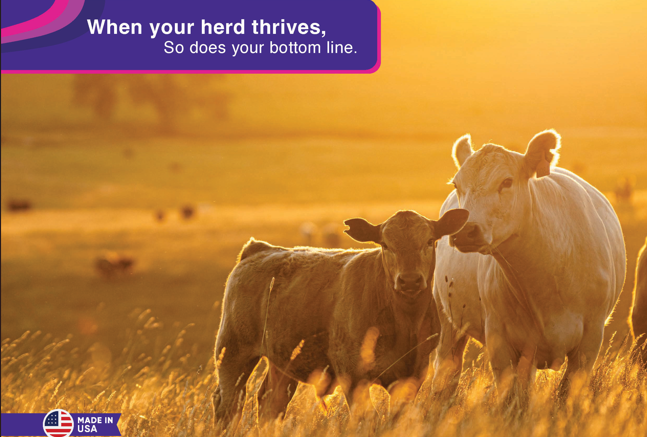
Parasite Prevention in Dairy Cattle
Parasite prevention in dairy cattle is essential to maintaining animal health, milk production, and overall herd performance. Today’s dairy animals are more efficient than ever at providing high-quality milk, meat protein, leather, and other byproducts that enhance our daily lives. As responsible stewards of our animals, it’s critical to ensure that productivity isn’t lost to profit- and product-robbing parasites.
Both internal and external parasites can cause significant economic losses in dairy operations. In the U.S., as production systems have evolved toward more indoor housing and predominantly concrete flooring, internal parasite infestations have become increasingly rare. Gastrointestinal nematodes, or roundworms, remain the most common intestinal parasites found in cattle overall. However, the shift to solid flooring has greatly reduced their economic impact due to the disruption of their life cycle. It’s important to remember, though, that cows with access to grass or fibrous bedding material are still more susceptible to infection.
In addition to gastrointestinal nematodes, other internal parasites such as tapeworms and whipworms can infect dairy cows. Roundworms like Strongyloides sp., Bunostomum sp., and Nematodirus sp. may also pose a risk in dry-lot housing systems. Maintaining a clean, dry environment is essential for preventing infection in these settings. As with many organisms in nature, infective larvae are remarkably resilient and capable of adapting to environments with suitable temperature, moisture, and organic matter. Creating conditions that are inhospitable to parasite survival is the first step toward effective prevention.
External parasites tend to be more economically damaging than internal parasites in modern dairies. Infestations can reduce milk yield by 1–2.5 pounds per head per day, depending on severity. The most common external parasites include tail-head mange (Chorioptes sp.), as well as biting and sucking lice—particularly prevalent among younger animals. Sarcoptic mange may also occur but is less common, as it is typically well controlled with pour-on treatments containing macrocyclic lactones such as eprinomectin or moxidectin. Lice infestations are more frequent in colder climates, where thick hair coats and immature immune systems in young animals create favorable conditions. Severe cases can result in anemia, poor growth, and secondary infections.
Chorioptic mange is especially persistent due to its life cycle, which makes it harder to control with commonly used treatments. Maintaining a clean, dry environment helps limit infestations. Adult mites can survive in the environment for up to two to three weeks under cool, damp conditions, but only a few days in hot, dry weather. Topical parasiticides containing eprinomectin or moxidectin are the only products currently labeled for the treatment and control of Chorioptes mange in dairy cattle.
Effective parasite control is vital for protecting the health, welfare, and productivity of dairy animals. With this in mind, work closely with your herd health professional to design and maintain a comprehensive parasite management plan.
Key components of monitoring and control include:
- Tracking production parameters such as milk yield, reproductive performance, and calf growth
- Regularly assessing cow body condition
- Watching for clinical signs of external parasites, including hair loss, scratching, rubbing, excessive licking, or reddened skin
- Conducting annual fecal egg counts (FECs), or as recommended by your herd health professional
Good management practices, combined with the proper and timely use of parasiticides, are essential to maintaining herd health and achieving optimal milk production efficiency.
When it comes to pushing back against these parasitic threats, Aurora Pharmaceutical manufactures multiple high-quality products right here in the USA. Veterinarian-founded Aurora Pharmaceutical is proud to provide quality products that producers and veterinarians can trust at a value they love. Learn more about us at AuroraPharmaceutical.com
Dr. Grant Weaver is a livestock-focused technical services veterinarian at Aurora Pharmaceutical. With decades of experience in the field, Dr. Weaver shares his expertise with producers and veterinarians throughout the United States.
By Dr. Grant Weaver
December 2025
More Cattle Industry News found here
If you enjoy the Outdoors stop by the Iowa Sportsman



